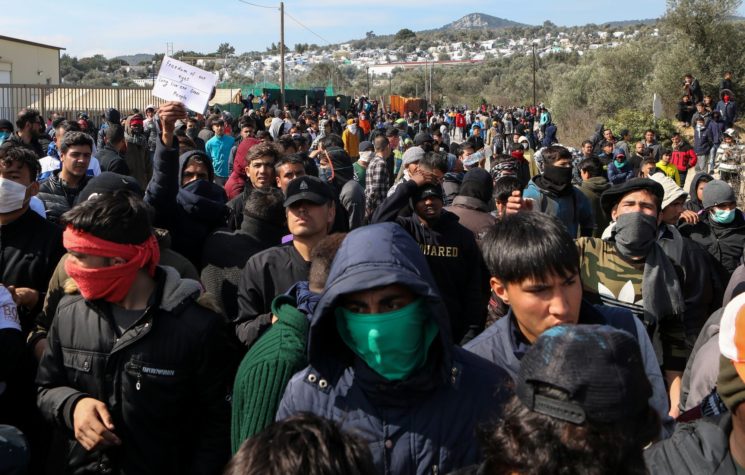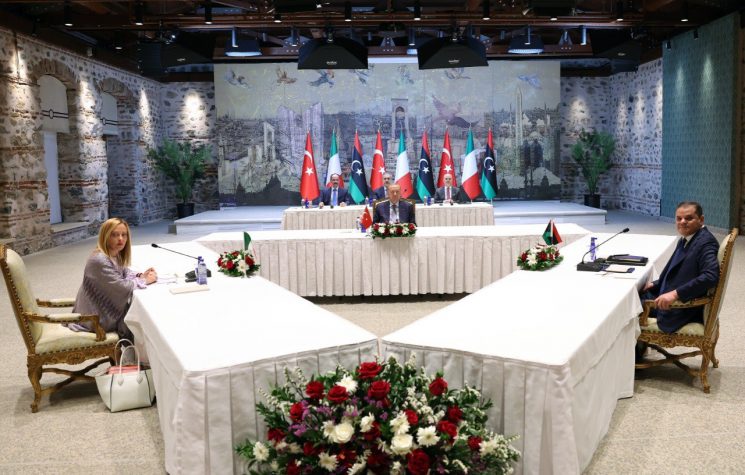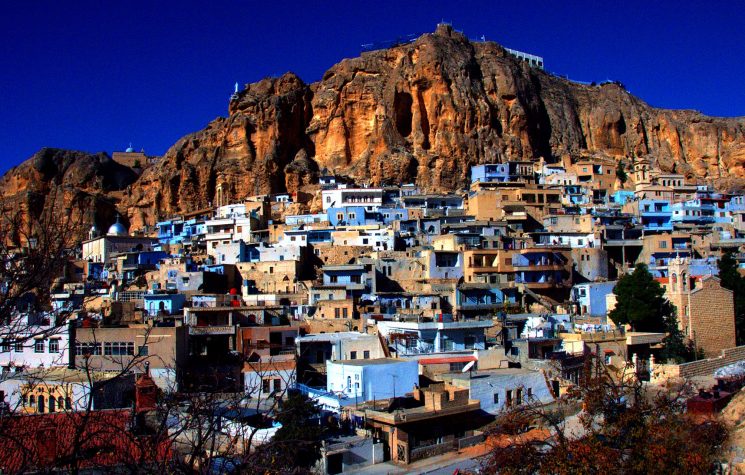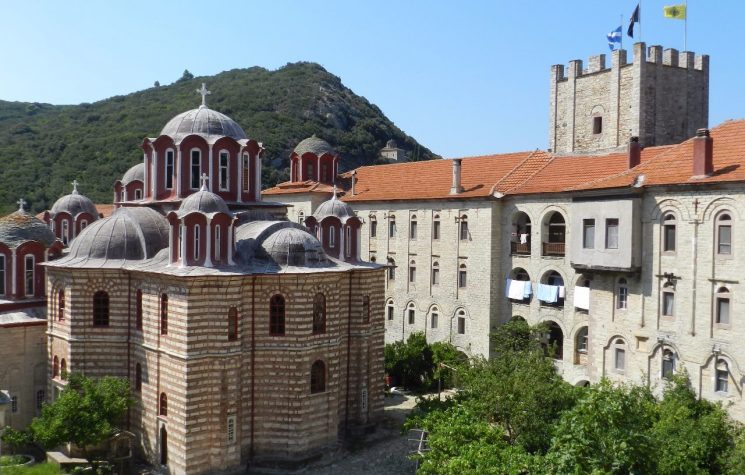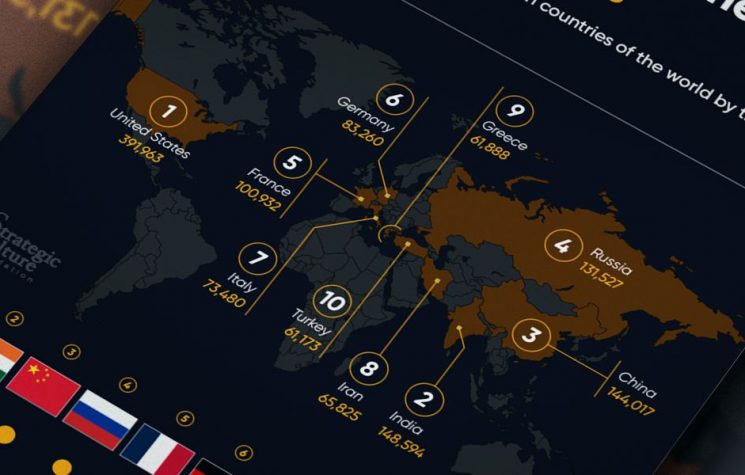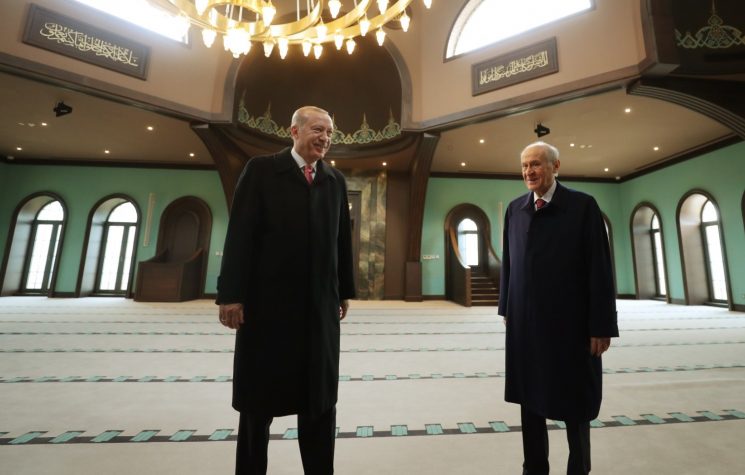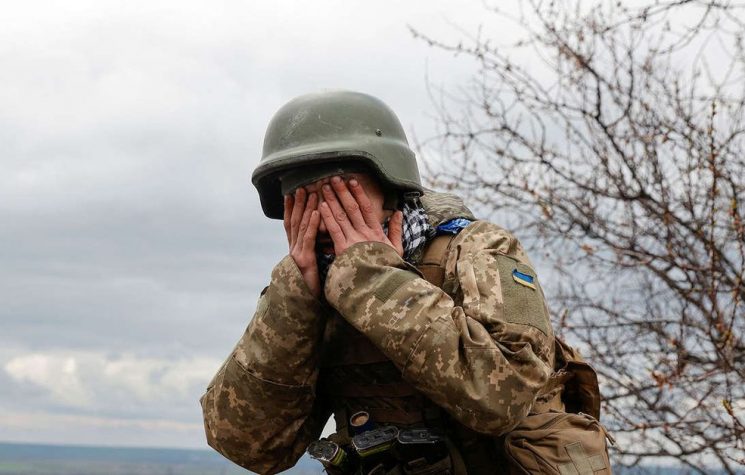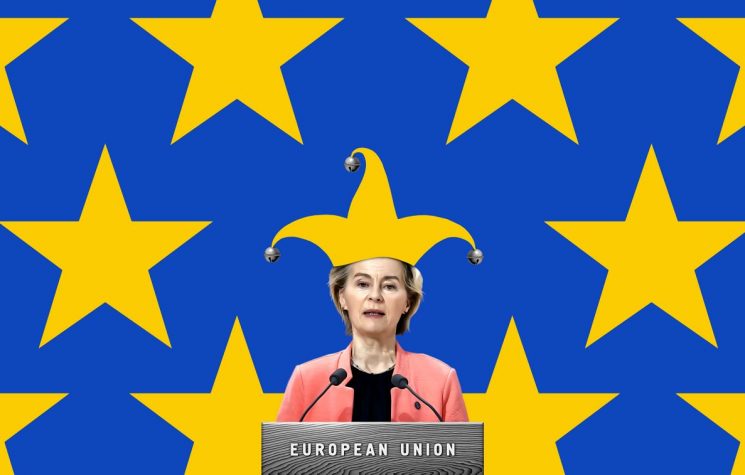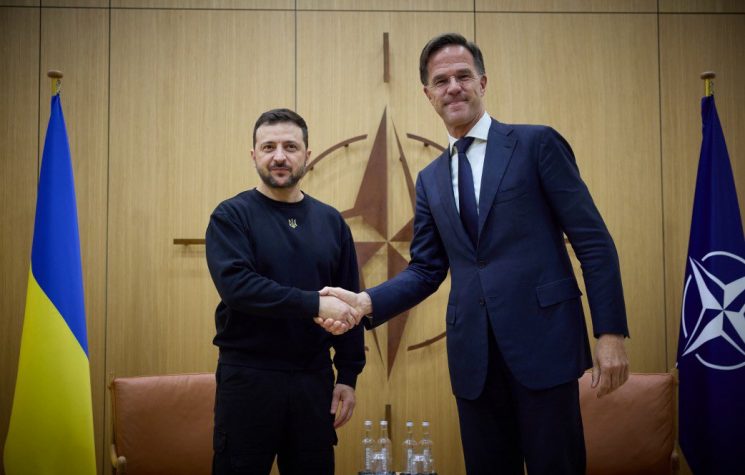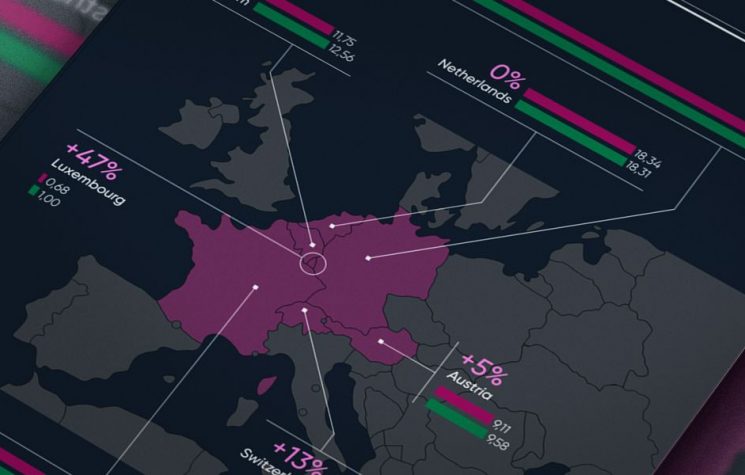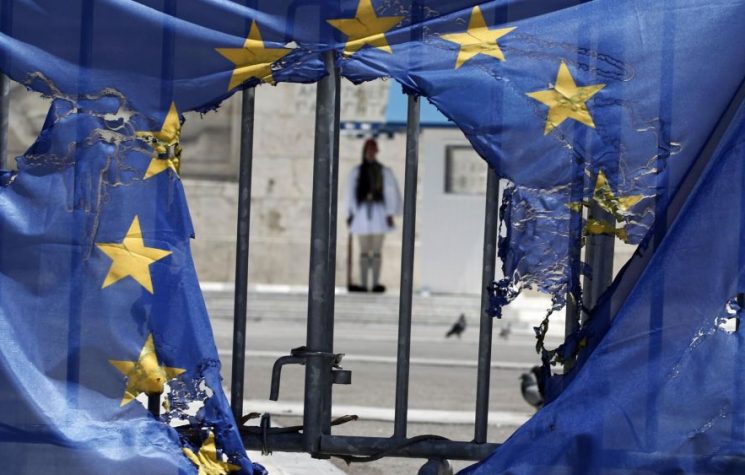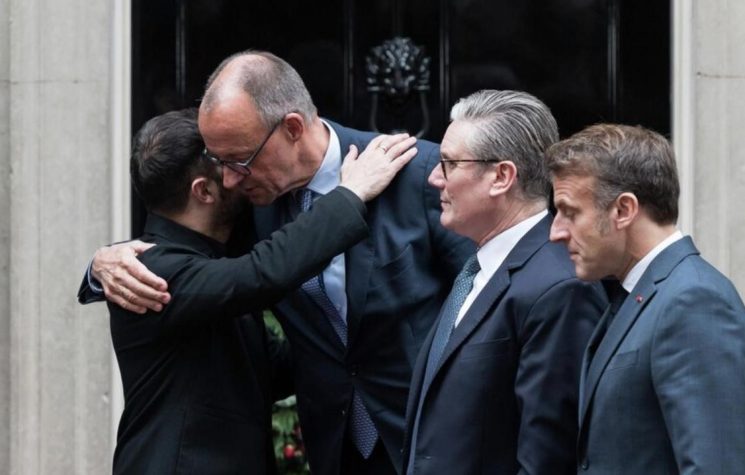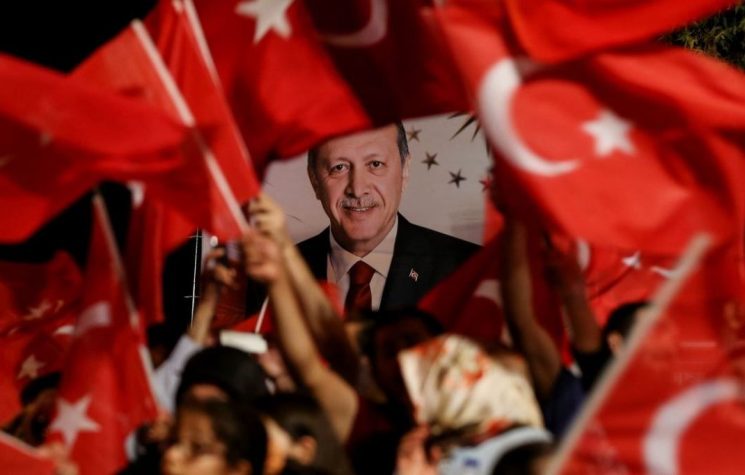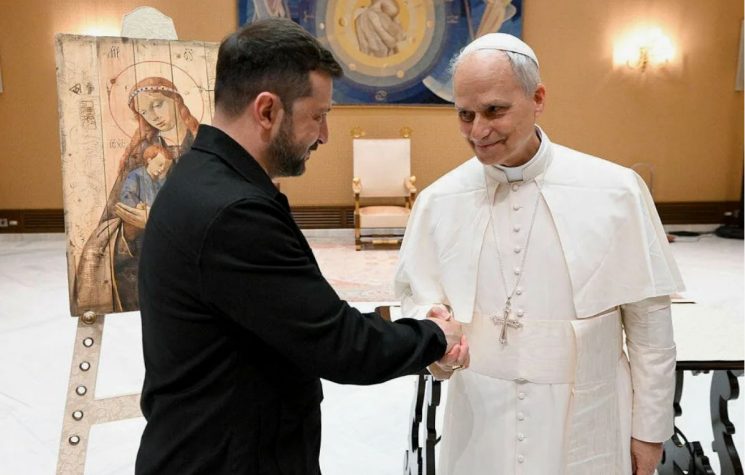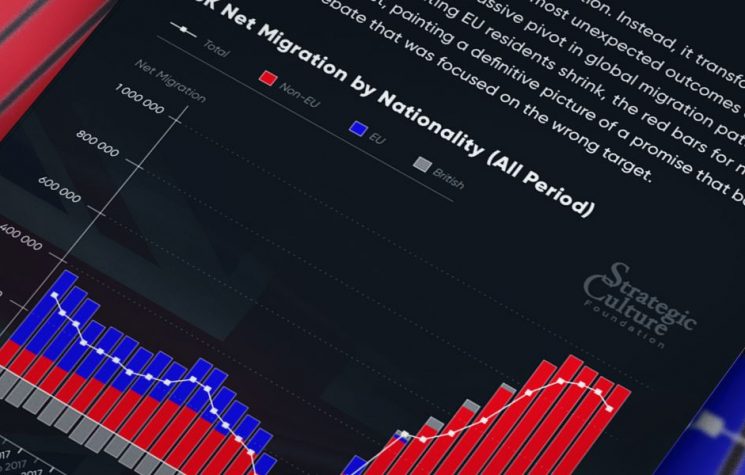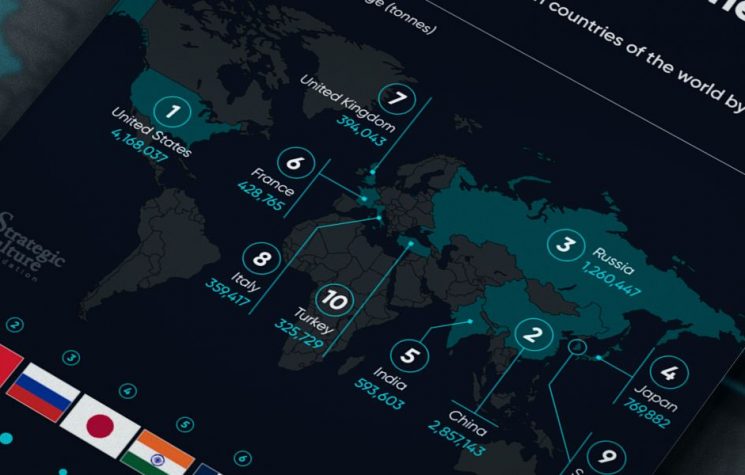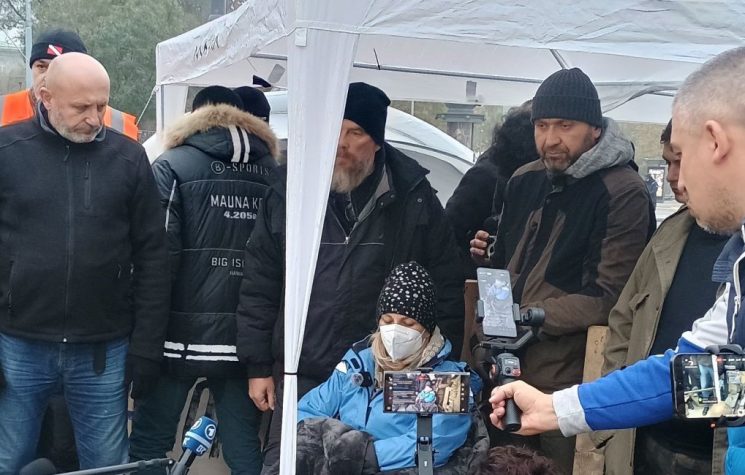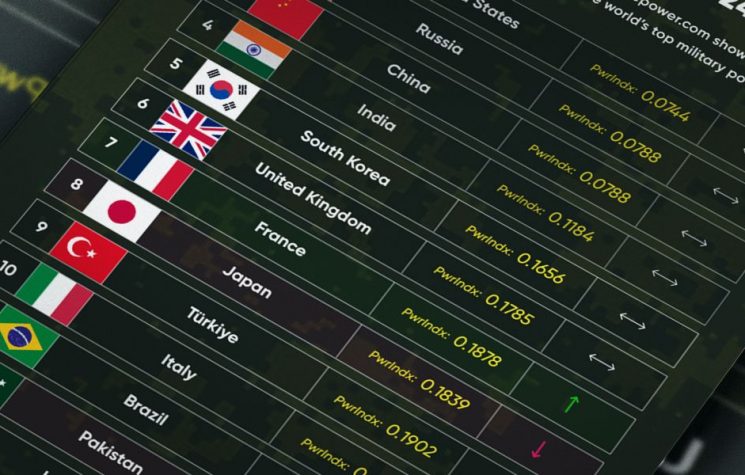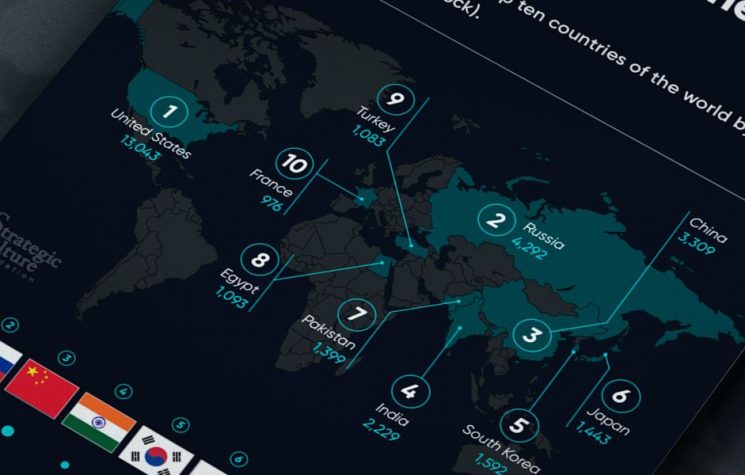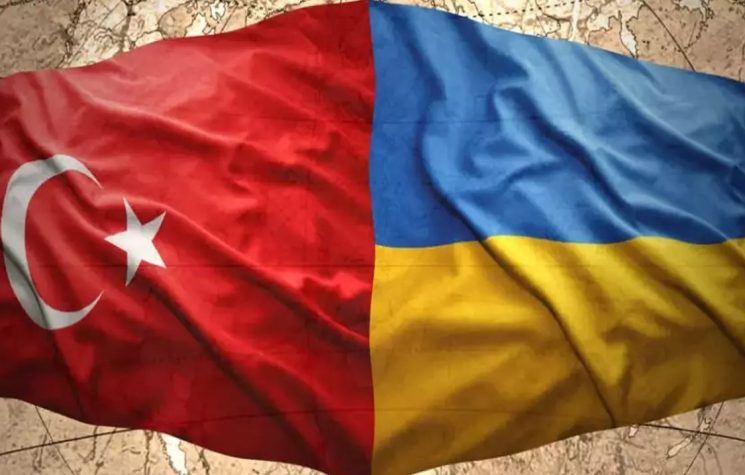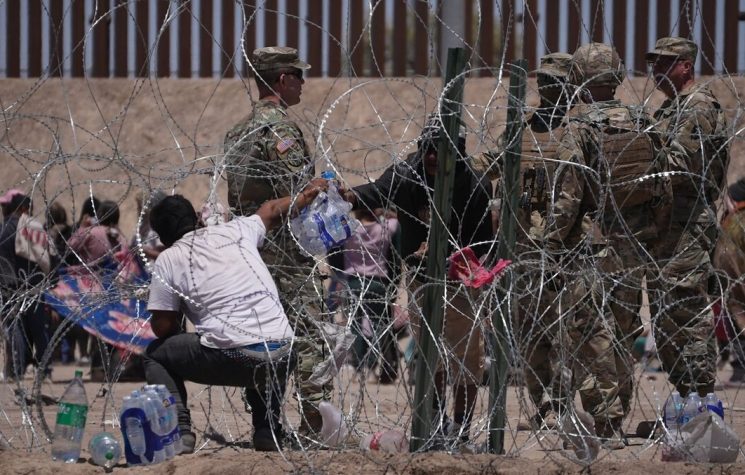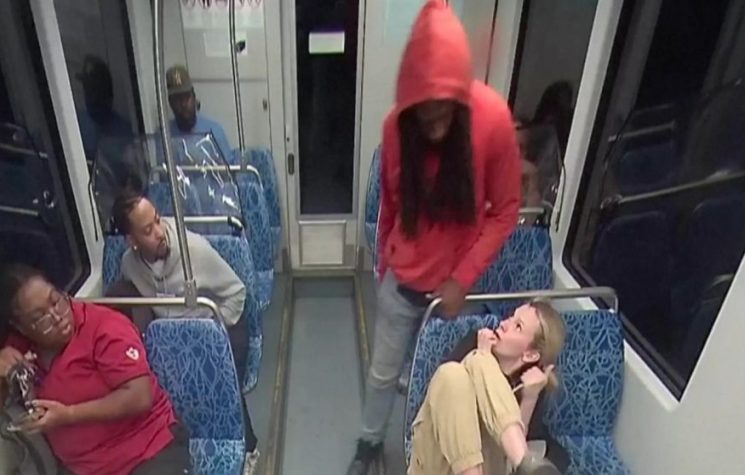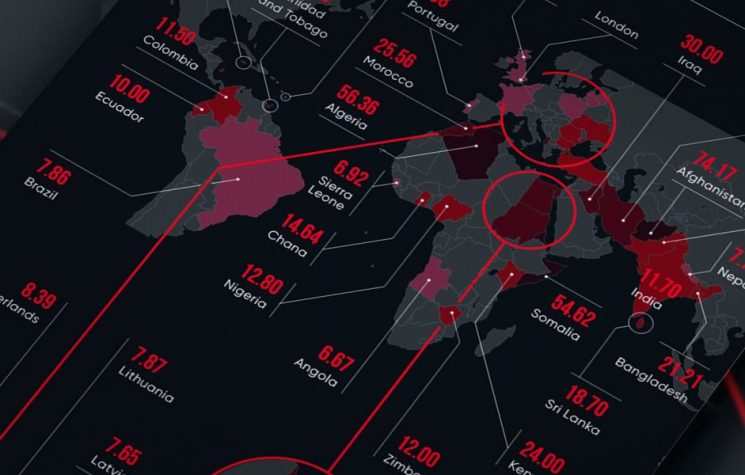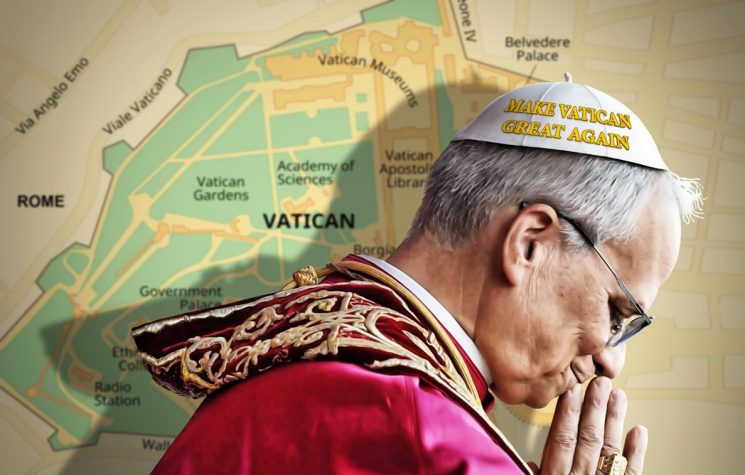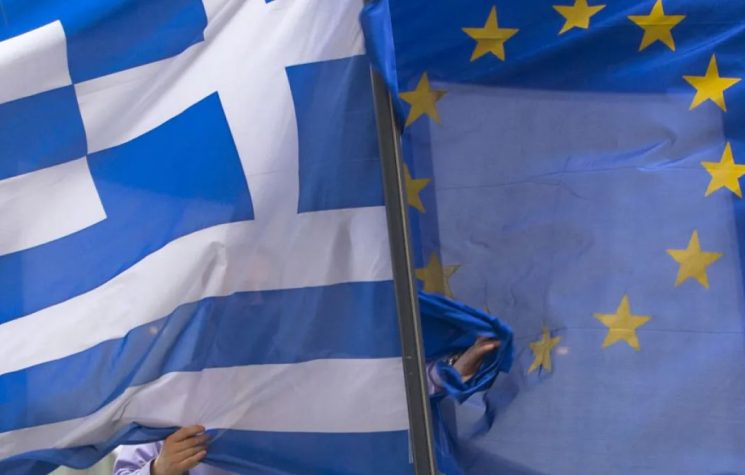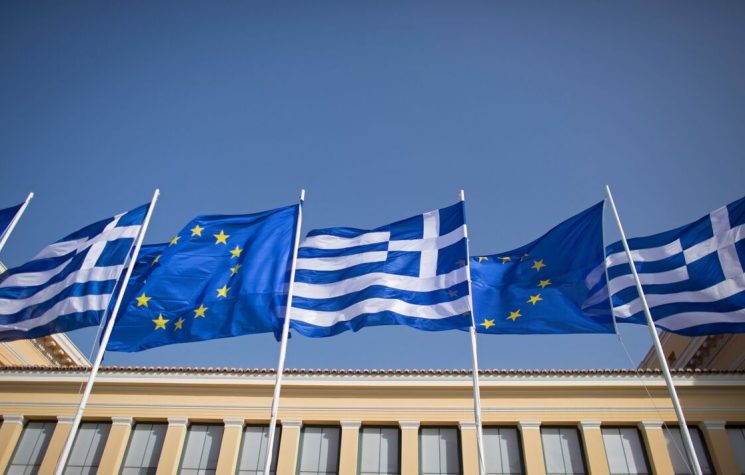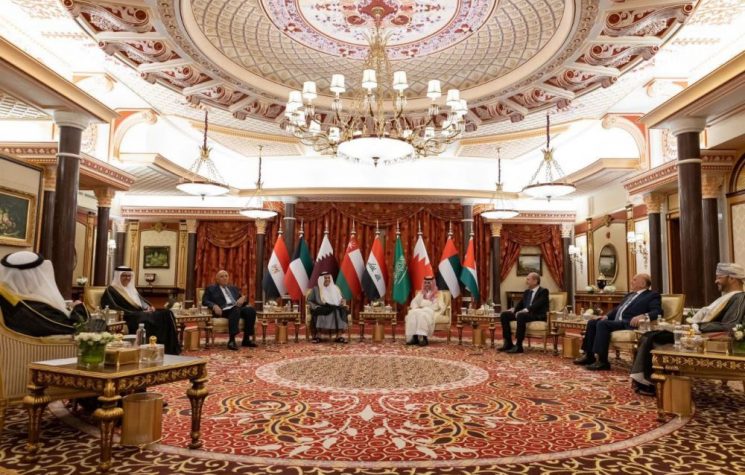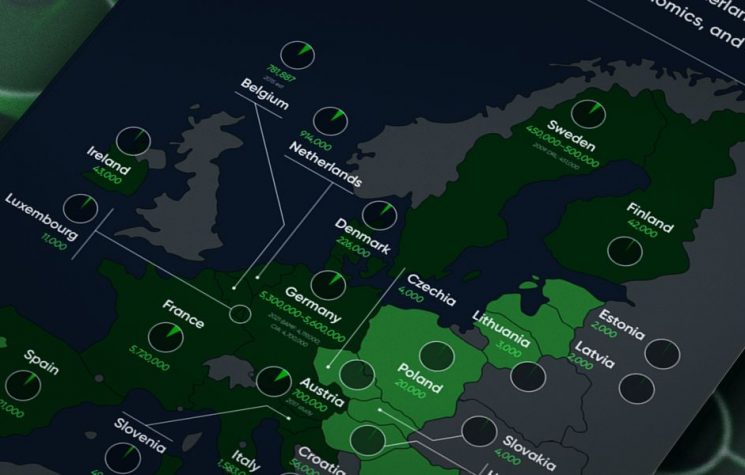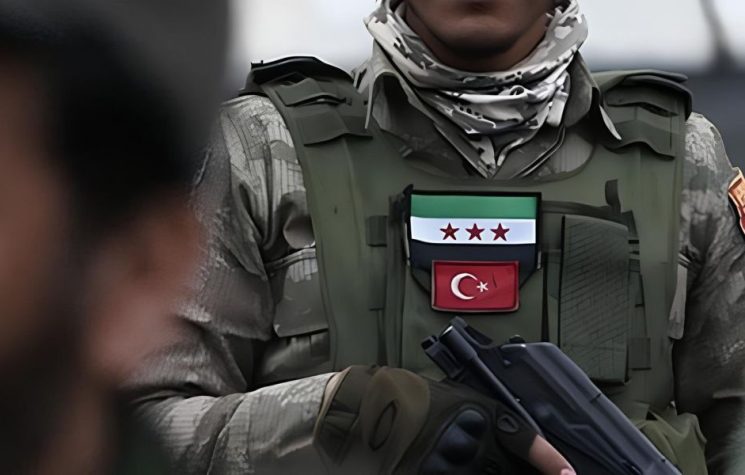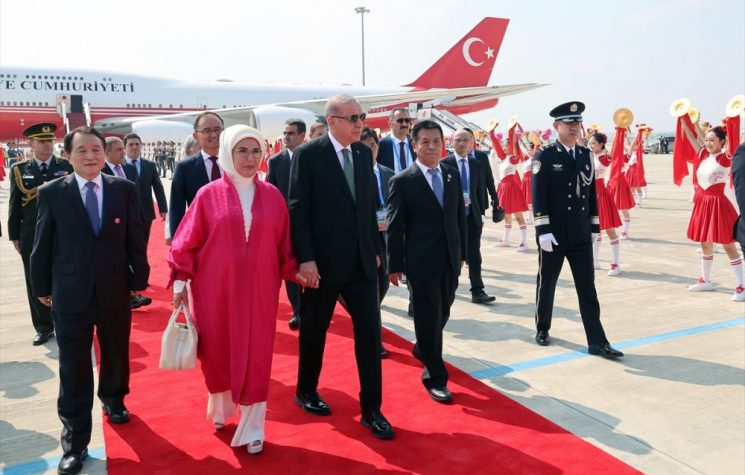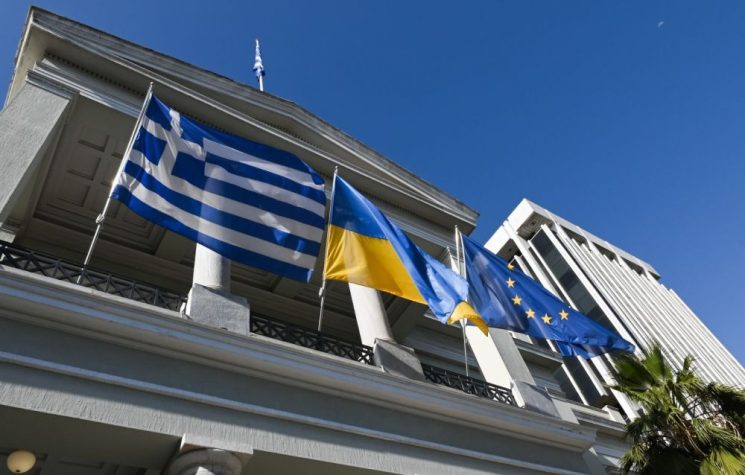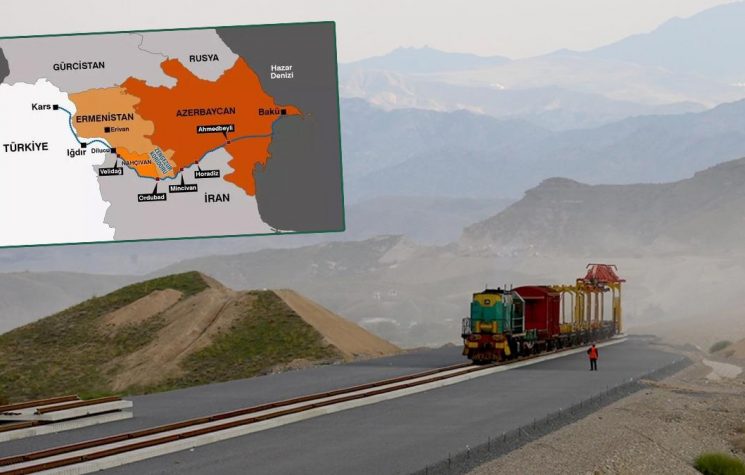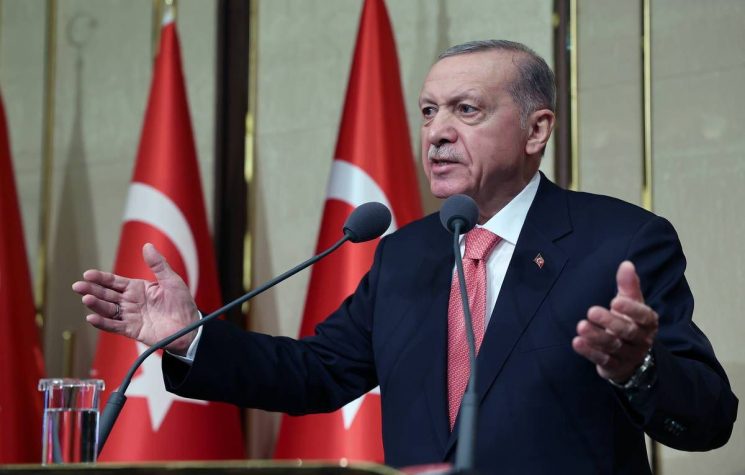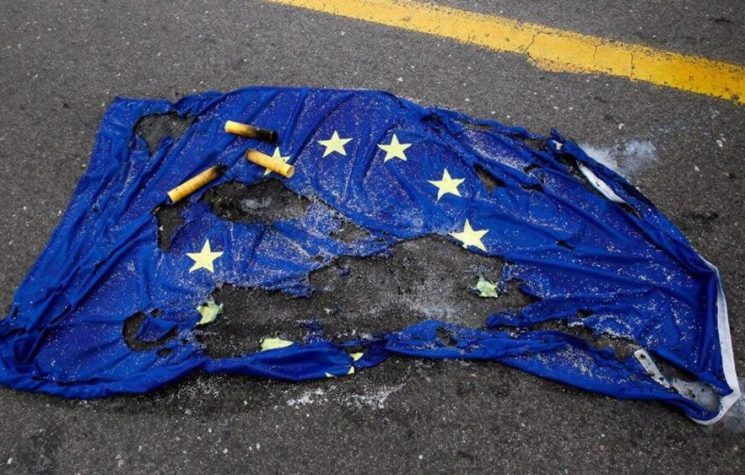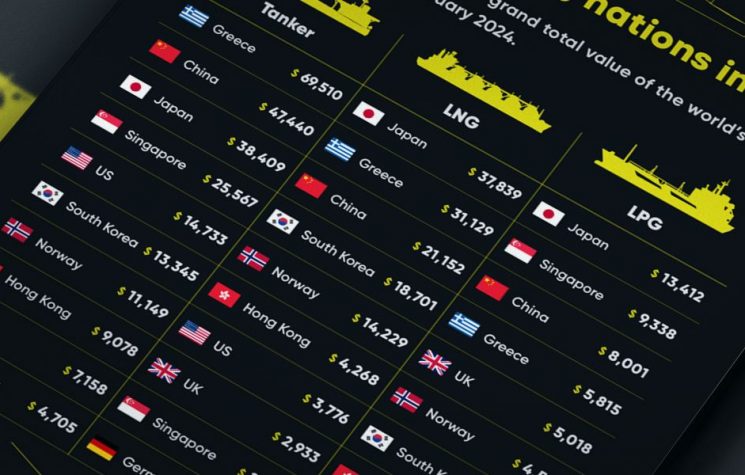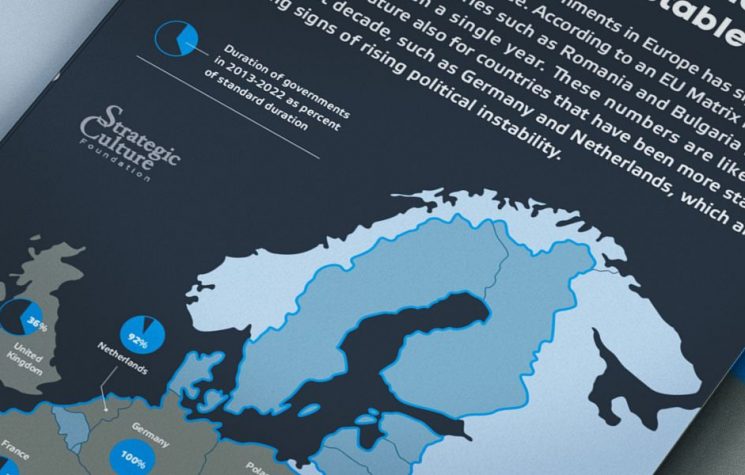What exactly are we witnessing on the Turkish Greek border with Syrian refugees arriving there? A failure in EU immigration and asylum policy coupled to another 20 year disaster, that of Turkey-EU relations? Or simply the relationship between the blackmailer and his victim coming to a head?
At the end of February Turkish president Recep Erdogan decided to tear up an agreement with the EU which obliged him to accommodate over 3 million Syria refugees. In doing so, he gave many the nod and the wink to leave their camps and head towards the Greek border, placing enormous pressure on the EU which simply cannot take the strain, politically, from its two giants – Germany and France – with a new imminent influx of Syrian refugees. We should also note that Greece itself in recent years has dramatically changed its attitude towards Syrian refugees as its people felt both abandoned by the EU and its own government, which has led to shocking pictures of the tourist hotspot of Lesvos being turned into a squalid site, fermenting with locals’ anger, much the same with vigilante groups today on the Greek side of the Greek-Turkish border.
The crisis on the border is very much of the EU’s making though.
We should remember that in 2016, Erdogan was turned to by the EU, to stem off a political calamity that these two European countries were having over Syrian refugees, in particular Germany, which had reached breaking point. A deal was agreed which involved Turkey being paid 3bn euros in aid, of which half has already been given, with the second tranche about to be released.
But at the heart of those talks, was a nefarious deception which has been the root cause of all of the Turkey’s problems with the EU and its hot-n-cold relations which is endures which goes back way before the 2016 deal was struck.
Today, many analysts believe that Syrian refugees being let into Europe is a stunt being played out by Erdogan to give Brussels a prod to remind it who is really holds all the cards. But one could argue that the resentment felt by Ankara in the last twenty years of being teased by Brussels into getting a special deal has also reached breaking point. Analysts like to point out that Erdogan needed a media distraction to the 34 deaths of Turkish soldiers fighting in Idlib and so pulling the knife from the sheaf and holding it to the EU’s throat achieves two things: puts the EU on the back foot over the refugee issue, but also puts Turkey’s objectives in Northern Syria under the spotlight.
But that’s only half the story.
The problem Erdogan has in Idlib is that he has burnt all his bridges with international players and hasn’t the might to take on Russia. The EU is seen by him as a super power which could muster a bold military policy in the region which favours him, via an important EU summit of EU leaders on March 26. He sees, erroneously, the EU as a super power which has the means and the desire to take on Assad and Russia in Syria and so therefore could be plied into working with Ankara.
If he can’t get any support in Idlib from EU member states, then Erdogan has gambled that at least he can extract much more cash from the EU, although some analysts are arguing that the refugee exodus stunt was due to fears in Ankara that the second tranche of 1.5bn euros might be blocked.
Unfortunately, the move to send the Syrian refugees to the Greek border has merely opened old wounds on both sides and is unlikely to result in any kind of policy decisions in Idlib to counter Russia.
On the Turkish side, officials feel cheated, betrayed by the hype in recent years which has been designed to make Ankara feel important to the EU. Erdogan, to some extent, has fallen for the media hype that the EU machine in Brussels can create with journalists embedded there and only too happy to process the ‘manufactured consent’ of what Brussels is trying to sell.
But what was originally on the table and offered as part of a carrot and stick deal to Turkey, has long since been removed, which is the real heart of the matter with the refugee build up on the border.
The EU’s failure to deliver on three of the deal’s provisions – visa liberalisation, a customs union upgrade and accelerated negotiations over Turkish accession to the EU – had been airbrushed out of the agreement. Nobody in Brussels really believes that Turkey will ever be allowed to join the 27 member block, as, for one thing, France and Germany, would not be able to cope with scores of millions – possibly more – of blue collar Turks looking for a new life. The fact that the EU cannot even agree to special visas takes this level of disingenuous bargaining to a new level of farce.
And Turkey knows it.
But a small part of the talks also included backing for Ankara’s venture in Idlib, including air cover to establish a “safe zone”, and more humanitarian aid for displaced civilians in Syria, as well as more cash for Syrian refugees in Turkey, which Erdogan claims he has spent a staggering 40bn euros on. The mistake from Erdogan is to assume that the EU has a foreign [military] policy in place which can carry out “safe zones” in the first place, rather than, say, lobbying the UK (which has an increasingly special relationship with Ankara post Brexit) which might have assisted. The last time the EU’s foreign policy chief, Federica Mogherini tried to pull off a “safe zones” ruse was by offering a cash deal both to Assad and to “opposition” [read terrorist] groups in Syria. Neither took up her offer, as officials on both sides are still in pain from laughing too much at the rank stupidity, if not desperation of the plan.
The EU will not give Erdogan any “safe zone” plan as too many of its harsher critics of him are now using strong language with words like “blackmail”, “hell” and “devil” when talking about the present relations with Turkey. Sure, Erdogan has managed to put the subject on the table for discussion, but just like Trump, he has started with overkill. And now there is too much distrust among many EU member states and so more likely conditions will be demanded from Erdogan for the second payment to be made and a new approach to paying Greece to cater to new levels of refugees might be a counterweight to the Erdogan threat.
But when relations break down and trust is lost, all that is left is money. And now really that is all Erdogan can ask for, although it is interesting that one of his chief complaints is that EU funds are funnelled directly to NGOs which cater to the refugees and not directly to the central government, where, presumably, the central bank could benefit. Merkel and Macron on March 26th will have to reboot the deal. Critically they will have to act quickly to show other countries – like Lebanon – that the EU is not weak and will not be blackmailed, as the Erdogan stunt might give ideas to the cash-strapped government in Beirut to play the same card with its 1 million refugees there, perceived to be a drain on the economy. But it is likely that the plan has backfired as all it has done is reinforce old prejudices against Ankara and pushed the EU into looking at other partners to take the refugees in the Eastern Mediterranean, inside the EU’s borders (Greece) and even outside it. The problem with blackmail, is that the blackmailer never stops in asking his victim for more, leaving the one paying to consider more drastic measures to end the extortion. Perhaps not paying the second payment to Erdogan is not such a bad idea after all.








